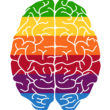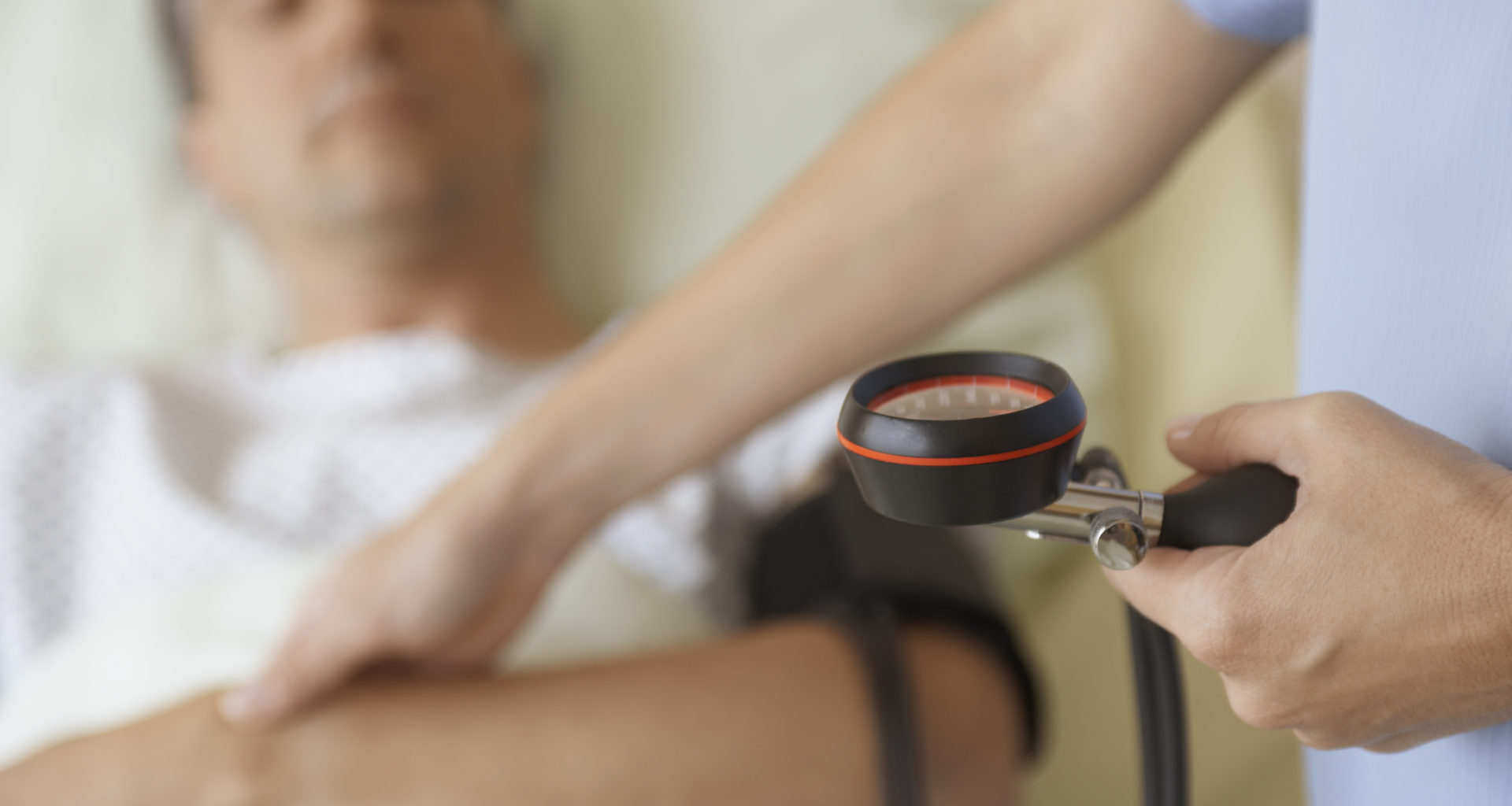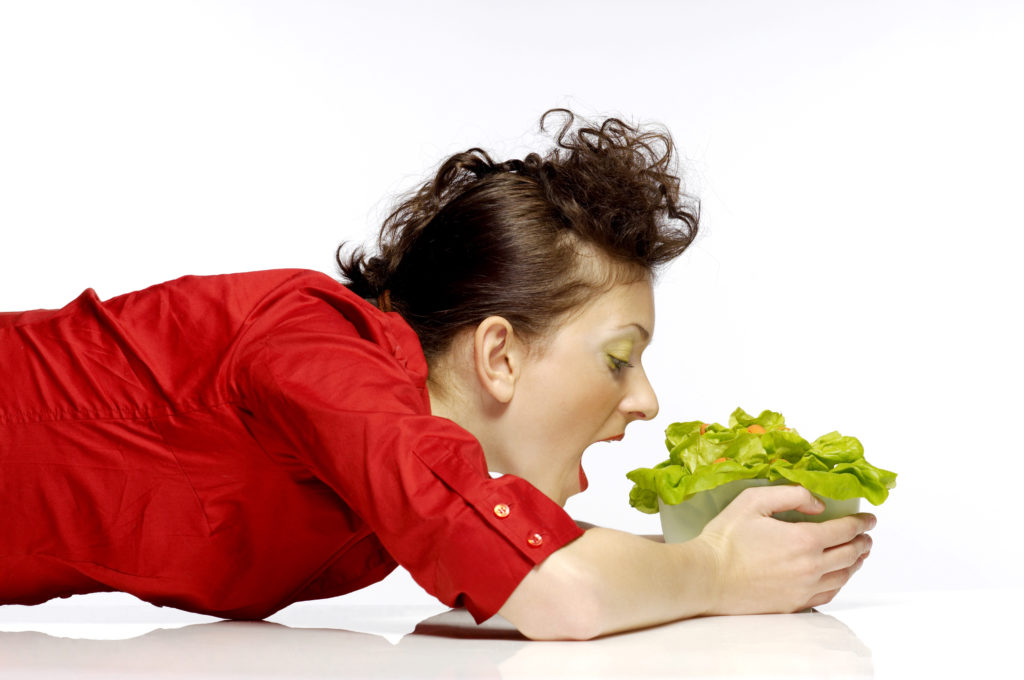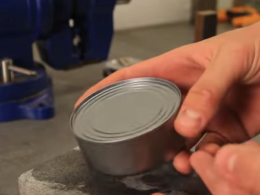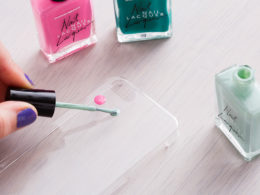Blood pressure, just like blood glucose levels, must be kept within a normal range of just somewhere in-between. Too low blood pressure and nutrients will not be efficiently distributed to your different tissues; too high blood pressure and your heart will be overworked, leading to cardiovascular disease. High blood pressure occurs more commonly than low blood pressure, especially to older people. Having a high blood pressure increases your risk of having a heart attack, stroke, cognitive decline, kidney failure, and aneurysm. If you’ve been diagnosed with high blood pressure then you’ve probably also been prescribed with some medications to bring it down. However, these medications often come with side effects such as dizziness, insomnia, and leg cramps. Since high blood pressure is often caused by bad lifestyle habits in the first place, changing them can effectively bring and keep your blood pressure down. This allows you to naturally regulate your blood pressure without having to take medications. Here are five tips for regulating your blood pressure.
Tip #1: Lose extra pounds
You’re more likely to have high blood pressure if you have a heavier weight. Shedding some pounds, even just 10 pounds, can significantly and positively impact your blood pressure level. In fact, controlling your weight is one of the most effective lifestyle changes when it comes to regulating blood pressure.
Apart from this, it is also important to watch your waistline since carrying too much weight around your waist puts you at a higher risk of high blood pressure. Generally, men should keep their waist measurement below 40 inches and women below 35 inches.

Tip #2: Take power walks
Exercise is good for your heart and it can help lower your blood pressure by training your heart to utilize oxygen more efficiently. However, hypertensive patients must not undergo intense workout right off the bat. Instead, try going for fitness walks at a brisk pace. This can lower your blood pressure by as much as 8 mmHg over 6 mmHg. Ultimately, your heart won’t work as hard to pump blood throughout your system. You can then eventually go for more vigorous cardiovascular workout to improve circulation and increase your lung capacity while continually improving your heart efficiency.
Tip #3: Reduce your salt intake
Salt will definitely not help you if you have hypertension. Reducing your salt or sodium intake even by just a little bit can lower your blood pressure by as much as 8 mmHg. Keep in mind that processed foods, fast-foods, and restaurant foods may be hiding a high sodium content so stay away from these if you’re hypertensive. Just because they’re not salty, doesn’t mean they don’t contain a lot of salt. Limit your sodium intake to no more than 1,500 mg a day to keep your cardiovascular health in check.
Tip #4: Control your diet
Controlling your diet will help you lose weight and will help keep your blood pressure under control. In general, you must eat a diet that is rich in vegetables, low-fat dairy products, whole grains, and fruits to lower your blood pressure by up to 14 mmHg. Remember to include a banana on your meals too since the potassium will lessen the negative effects of sodium on your blood pressure. There is a diet specifically designed for people with high blood pressure known as DASH (Dietary Approaches to Stop Hypertension) which you can follow to help you significantly lower your blood pressure.
Tip #5: Manage your stress
Stress can temporarily increase your blood pressure, which is not good if you’re hypertensive in the first place. Take a few days off for stress-relief or at least a few hours each day to treat yourself, even by just relaxing in a bath or indulging in a full-body massage. There are also some activities you can do to help you stay calm even when you’re dealing with daily stresses.
